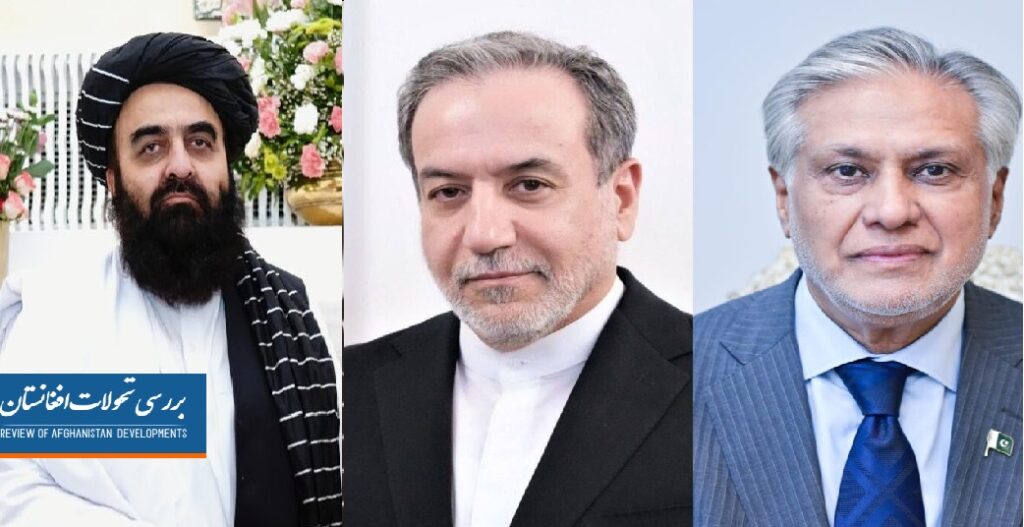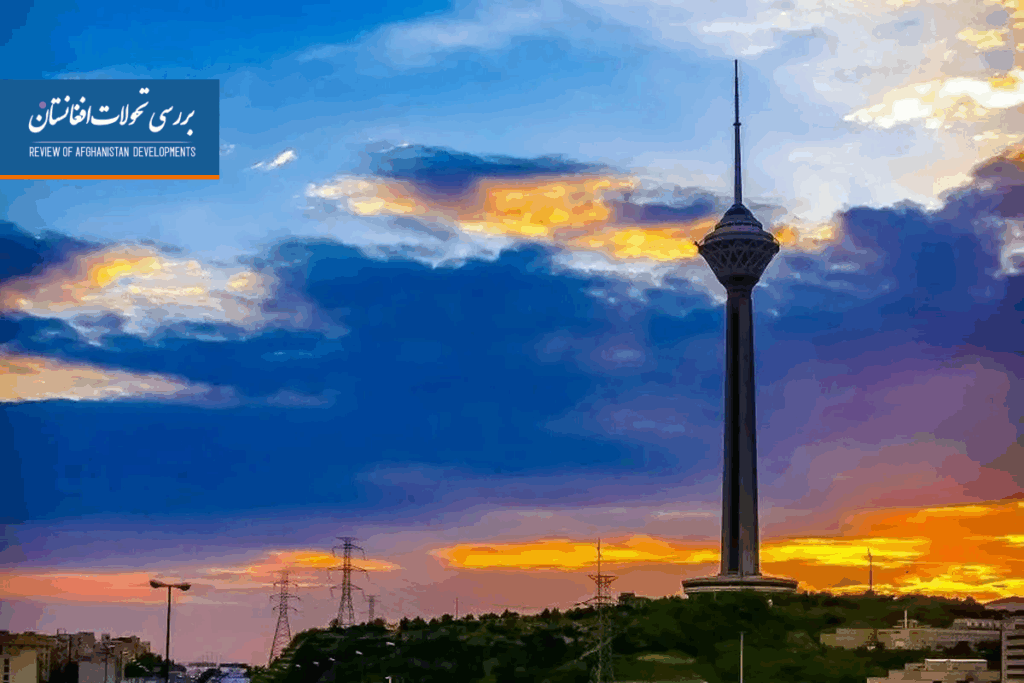Review of Afghanistan developments
A new series of discussions between Afghanistan and Pakistan is scheduled to take place shortly, with mediation from Iran. The Tehran talks come after the unsuccessful Istanbul Peace talks, and Tehran is seeking to address the crisis in relations between the two neighboring countries using a new approach and formula.
The relationship between Pakistan and the Taliban government, which had been strained since the Taliban assumed control in Afghanistan, escalated into an active conflict following the Pakistani airstrike on Kabul. This conflict, which concluded with the intervention of Qatar and Turkey leading to a temporary ceasefire agreement, was intended to evolve into a comprehensive peace treaty in Istanbul, Turkey. However, after three rounds of discussions, it was ultimately deemed a total failure, with both parties departing the negotiation table without achieving any resolution. As this crisis persists, the Tehran talks are now expected to take place in an effort to alleviate the tensions between Afghanistan and Pakistan.
Factors behind the failure of the Istanbul talks
Despite receiving backing from the influential nations of Qatar and Turkey, the primary reason for the unsuccessful outcome of the Istanbul discussions was the likelihood that both parties would not meet their respective demands. Islamabad’s principal request was for the Taliban government to take measures against the Tehreek-e-Taliban Pakistan (TTP) and to assume responsibility for any insecurity affecting Pakistan, a condition that the Taliban government found completely unacceptable. Conversely, the Taliban government viewed the TTP issue as an internal matter for Pakistan and insisted that Pakistan commit to refraining from conducting military operations within Afghanistan under the guise of targeting the TTP, as well as halting US drone strikes originating from Pakistani airspace on Afghan territory. In light of this context and the unwillingness of both parties to compromise, the failure of the Istanbul talks appeared inevitable from the outset.
Iran’s involvement to mediate by holding Tehran talks
Considering the regional dynamics and the complex relationships involved, Iran possesses both the authority and the obligation to act as a mediator more than any other nation. Any unrest in Afghanistan and Pakistan, along with the potential for conflict between these two nations, places Iran in a position of heightened vulnerability. The discord between Afghanistan and Pakistan could render Iran’s eastern borders highly insecure and create openings for sabotage by hidden groups. Furthermore, under such conditions, human and drug trafficking is likely to escalate from the borders of these two countries into Iran.
More significantly, there exists a chance that as the conflict escalates, external actors may become involved in the matter, leading to the establishment of a new framework for the region under the guise of addressing this crisis. For these reasons, Iran is more apprehensive than other nations regarding the deterioration of relations between Afghanistan and Pakistan, and as a result, it will facilitate the Tehran Talks.
Iran’s capacities to resolve this crisis
As the organizer of the Tehran Talks, Iran possesses significant potential to assist in resolving the conflict between the Taliban and Pakistan, especially when compared to other nations. One primary advantage is that Iran shares borders with both countries and has established profound historical, cultural, and economic connections; this benefit facilitates the Tehran Talks in fostering a mutual understanding and communication between the two parties.
One notable benefit of the Tehran Talks is that Iran, serving as the primary host, refrains from exerting pressure on either party, in contrast to other nations. It is possible that one contributing factor to the unsuccessful Istanbul negotiations was the mediators’ attempts to impose their respective demands on one another. Turkey, owing to its strategic ties with Pakistan, exhibited a greater tendency to favor the Pakistani delegation, which itself contributed to the talks’ failure. In the context of the Tehran Talks, it is clear that Iran, acknowledging the delicacy of the matter and the need for balanced relations with both parties, will steer clear of any approach that involves pressuring one of the negotiating sides.
One additional benefit of the Tehran Talks is that Iran, due to its strong connections with both parties, possesses a more profound comprehension of the circumstances and a superior insight into the psychological states of both sides compared to any other mediator. By grasping the genuine motives and emotions of both parties beyond their stated demands, Iran is positioned to facilitate a compromise during the Tehran talks.
Related Articles
Iran and Taliban: from Trust-Building to Deepening Engagements
The future of Afghanistan and Pakistan tension
Overall, considering Iran’s significant susceptibility to the tensions and conflicts arising between Afghanistan and Pakistan, it will engage more earnestly and effectively than any other mediator in efforts to address the situation. Furthermore, Iran possesses additional diplomatic and political resources, such as a long history of negotiations, as well as communication skills and capabilities grounded in experience, which enhance the likelihood of fostering closer relations between Afghanistan and Pakistan during the Tehran Talks.
Should the Tehran Talks achieve success in their initial phase, this process may progress further and serve as a foundation for a comprehensive resolution to the disputes between Afghanistan and Pakistan. With the alleviation of this enduring conflict, the region is poised to advance towards peace and stability, yielding advantages for all nations involved. It is likely for this reason that, alongside Afghanistan and Pakistan, additional regional countries have been invited to participate in the Tehran Talks.


















